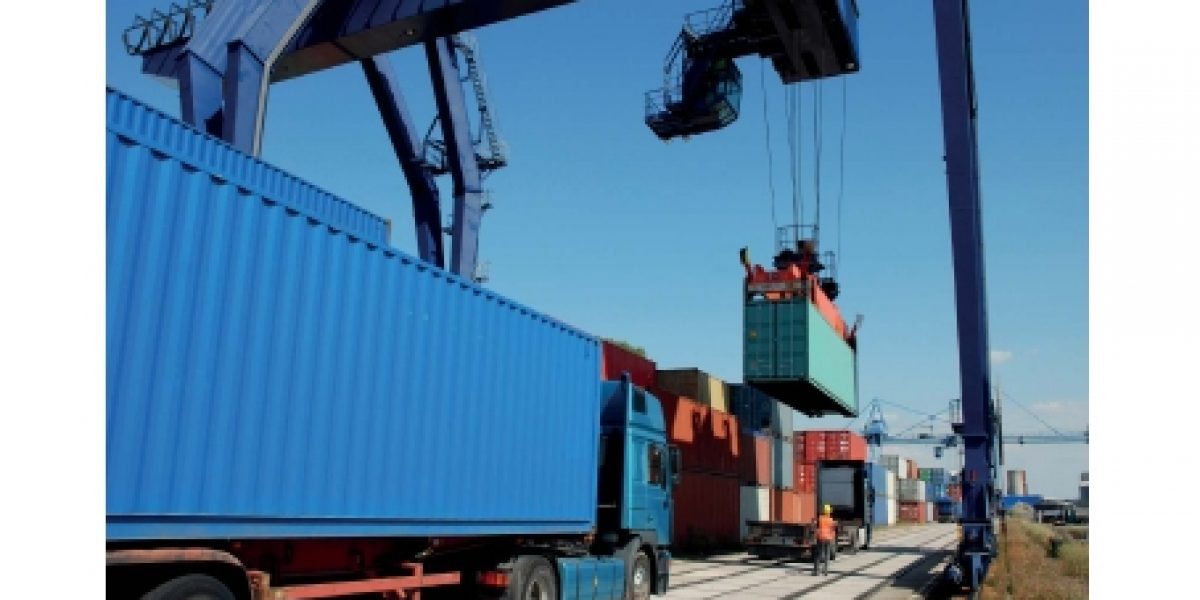Although the SACU Agreement does not cover the liberalisation of trade in services, SACU member states have engaged in services trade liberalising activities primarily through unilateral policy measures, whether bound in the WTO’s General Agreement on Trade in Services or not, and through implementation of a range of Southern African Development Community protocols.
The scope of the present study is restricted to transportation services. Transportation services cover services in the maritime, rail, road and air transport subsectors. Efficient transport infrastructure and services are a prerequisite for SACU’s development and integration. Interregional and international trade-related transport facilitates the expansion of trade, because trade is only possible if people and goods can reach the production and consumption areas physically (using transport). In the 21st century, which is characterised by globalisation and competition, sound transport infrastructure networks and services will considerably facilitate the region’s full participation in the current profound transformation under way at the worldwide level.






